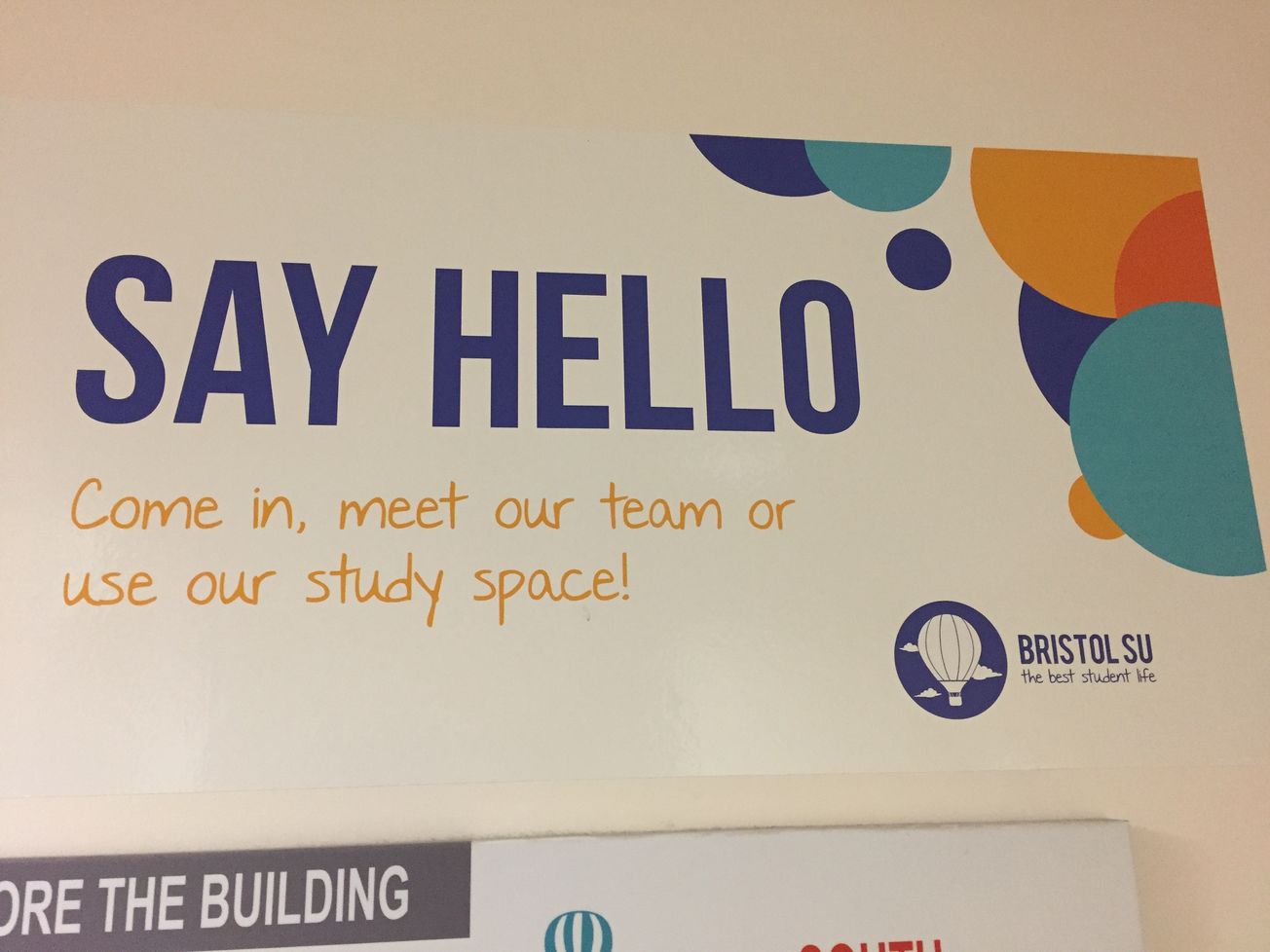By an SU representative who wishes to remain anonymous
Students elected to SU positions are constantly trying to improve the workings of this university, but it is the regular antagonism of students which puts us down
Each year the SU elects faculty reps, network chairs and full time officers to represent the student body, and this past year saw me join that collective. I remember the SU results night that elected me into office. It was thrilling, and when I stood up next to soon to be fellow role-holders, I was bright eyed and full of exciting plans.
It is a tragedy that holding a position within the SU was the least enjoyable part of this past year.
I remain anonymous not because I am afraid of the repercussions, but because I hate the idea that people will find out my role and blame the students I represent. I genuinely believe that this is not merely a characteristic of certain demographics, but a reflection of the way student politics functions in the first place.
When I take a step back, I know objectively that I have achieved fantastic things that I should be proud of.
I have organised and lead students, I have helped to implement lasting change, I have planned campaigns that were well received across the board. Even more simply, I have met so many wonderful people that I would never have had reason to know otherwise.
What does all that mean though, when my achievements are downplayed constantly? When they are misattributed to other student groups? To the University? What does it mean when I burn out halfway through the year and effectively have to quit? Or sit through meetings when no one around me could be bothered to research what it is I actually do, or why I am there?
Holding a position within the SU was the least enjoyable part of this year
I represent students and have had the pleasure of doing so directly to high level University staff: the Chief Operating Officer of the University, the Vice-Chancellor, the Head of Student Services, the Chief Executive Officer of the Students Union. But every single meeting I had with students themselves was nothing but unprofessional.
I would sit in on meetings while students slag off elected officials who I not only have to work with, but genuinely consider friends.
I would hear them complain and complain, regardless of how many times I raised my hand and explained that they needed to tell me, because my entire role was premised around feeding back these complaints to staff. I never once felt listened to.
I would get blame for the failures of student groups that I had no part in, while the successes I had were constantly misattributed to the same people. I would have students eagerly volunteer only to tell me mere hours before events that they were not going to attend – not because they told me, but because I had to chase, and chase, and chase.
I never once felt listened to
I would face aggression and sly underhanded jabs from students the moment I did something they deemed imperfect. It seemed like there was no attempt to ever grow, because it was black and white. I was either the best they had ever have, or the scum of the earth, and just as bad as the people who desperately needed to be educated.
The point being, there was never any semblance of professionalism.
It was a role I took on and it became like a job. While SU staff treated us like we were colleagues, every student I ever worked with rolled their eyes when I put my foot down about how they were treating me.
I can speculate for hours why this was, and make no mistake: I know I did not do a perfect job. But the standards were always, quite honestly, too high.
We are students. I am only just in my 20s. Two years after I leave, will anyone at this university know who I am? We deal with real world issues, but elected officers are individuals. With part time roles especially, where we have degrees, and health issues, and other interests; we are not capable of devoting every waking hour to being absolutely perfect.
This is not to say these roles are not important – they do make real change to students.
Everyone in these roles has made change that will last, and that is more than enough to make it worth it. And for those incoming: you can always do better, sure, but you are more than capable of walking into a meeting with confidence in your role.
SU staff and other officials were the saving grace of this past year.
I could rant to friends, but it was people that knew how the system functioned that really got it. In a sad way, speaking to friends who had never worked with the SU sometimes made it worse. Being told, “I completely get you, students in this society are the same”, only ever implied that once again understanding of my role had fallen through the cracks and they had not been listening.
But the standards were always, quite honestly, too high
When the SU staff inevitably see this, I want them to know that they were a dream come true. They made me tea, invited me to sit and cry, checked up on us constantly, made strides to get better, and (my personal favourite) once offered to fight someone who was just plain mean.
Where do we go from here? Hopefully, in a direction that does not keep students alienated from the SU.
We want to represent you: it is just damn frustrating when it does not seem like anyone wants to let us.
But it is not black and white. We are students. Let us make mistakes, listen to us when we explain our actions, and be a little bit sympathetic.
Featured image: Epigram/ Will Charley
Have you interacted with an SU official this year? Do you feel their treatment is fair? Let Epigram know!









